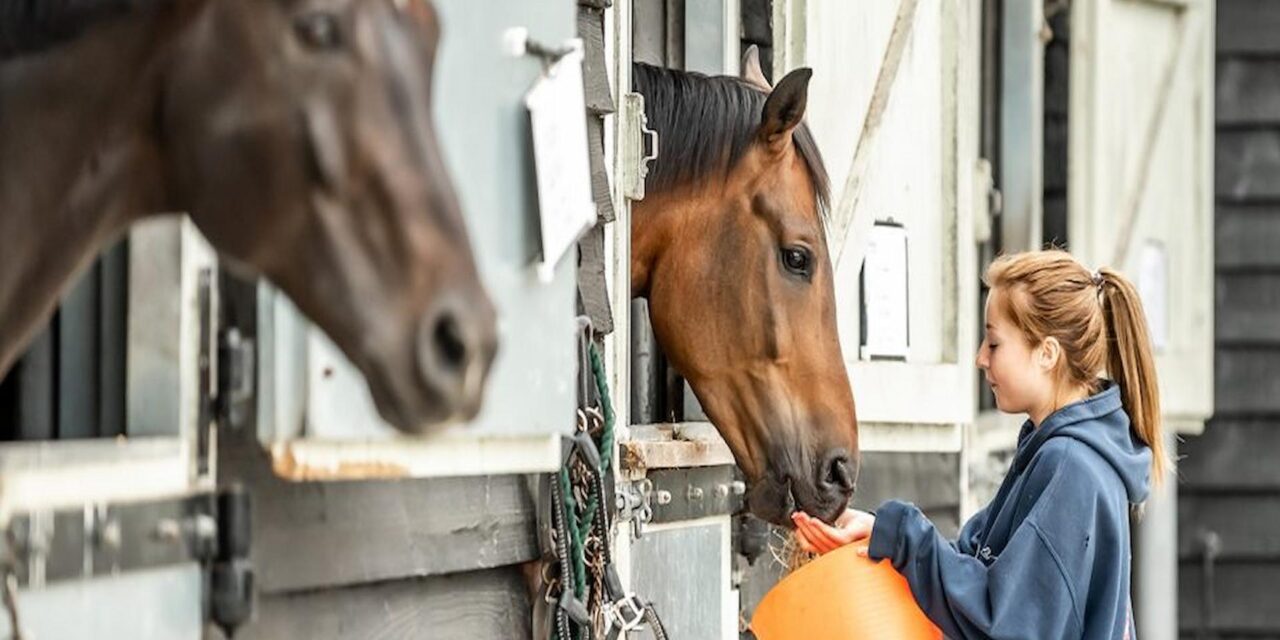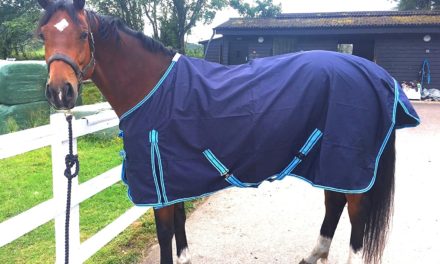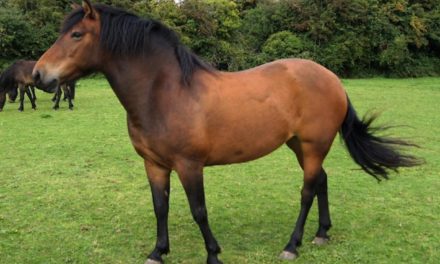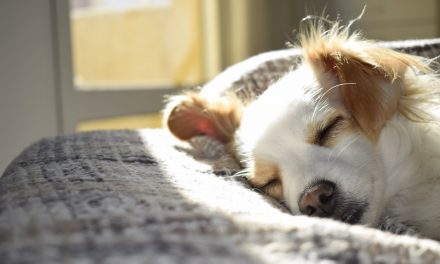
Does Your Horse Need Supplements In The Cold Weather?

The winter brings specific challenges that mean you should assess whether your horse’s diet is meeting their needs. Some of the key things to consider are whether your horse is getting all the vitamins and minerals they need from the poorer quality grass and forage that characterise winter feeding.
- Lower Vitamin Intakes: Lower quality forage means that your horse may not be getting the essential vitamins it needs. Vitamins have roles as essential antioxidants in the body. The horse makes vitamin D from light – hence why it’s often referred to as the sunshine vitamin. If horses are stabled for most or all of the day it is important that their horse feed is fortified with vitamins or a supplement or balancer is used instead
- Immune Support: A balanced diet is helpful for supporting the horse’s immune system. The digestive system is where much of the horse’s immune system is located and so the most important thing you can do is feed plenty of fibre as this helps to keep the gut healthy and therefore helps the horse’s immune system too
- Hoof Health: During the winter, the strength and quality of your horse’s hooves may be affected due to the ground becoming muddy or hard with frost. You can give your horse a helping hand by ensuring they have all the nutrients they need. Protein, as well as minerals like sulphur and vitamins like biotin are all important for hoof health specifically. AS the hoof horn takes 6 to 9 months to grow down, poor winter diets often only become apparent in the summer.
Electrolytes: Many people think that electrolytes are only necessary for the summer, but they can also be beneficial in the winter. If your horse is working and therefore sweating they will be using and losing electrolytes so using a supplement can help replace what they have utilised.











